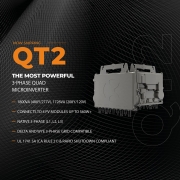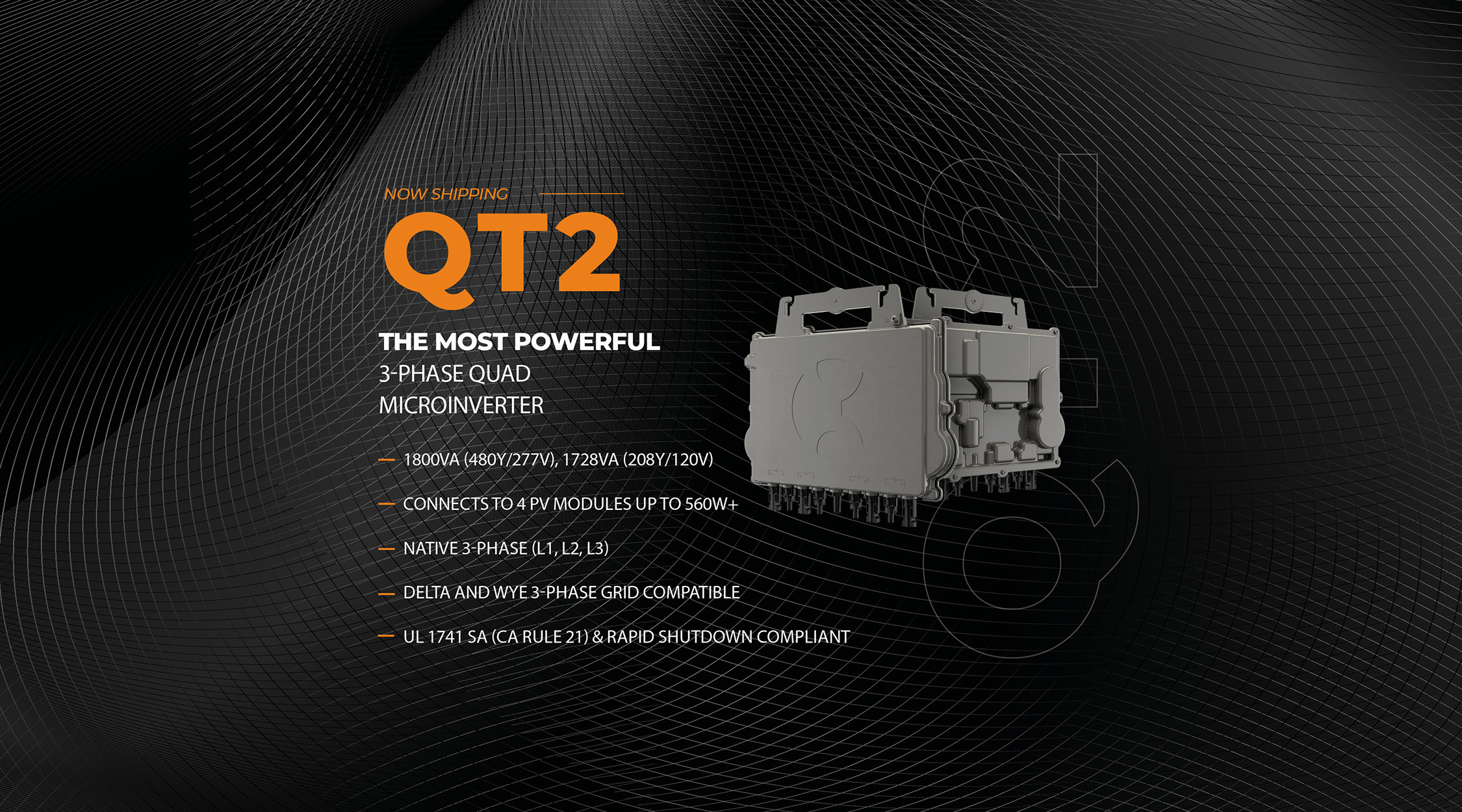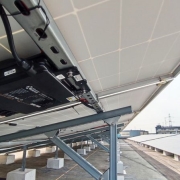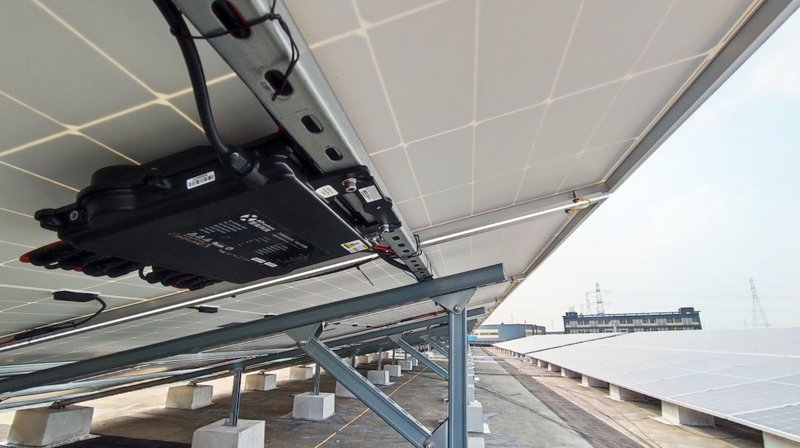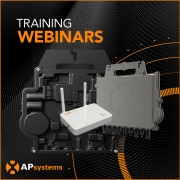Press Release: APsystems and OSW Announce Global Distribution Agreement
JIAXING, China & SYDNEY–(BUSINESS WIRE)–APsystems, the global leader in multi-platform solar MLPE technology, and OSW, Australian’s largest Solar Distributor, active globally, have announced a global distribution agreement, bringing APsystems’ technology and OSW’s One Simple Way philosophy and global distribution capability to markets around the world.
“Our core values and global capability are directly aligned with those of OSW, and we look forward to partnering with them to positively impact the solar market and bring more APsystems products to customers across Europe and the United States.”
Both companies cite powerful overlaps in values and purpose as reasons for the strategic alignment. APsystems strongly values innovation, evidenced in its microinverters, the most powerful multi-module microinverters in the world. OSW is likewise dedicated to bringing superior solar technology to its customers. Both firms also continue to expand globally; OSW has recently expanded its operations in Europe and the US with dedicated warehouses and offices in Poland, Munich, the Netherlands, and Texas. APsystems has a strong position in Europe with regional offices in Lyon, France and Amsterdam, Netherlands, and recently shifted its U.S. main office to Austin, Texas last year. The partnership agreement naturally covers Europe and the United States.

“Microinverters have gained strong traction in solar rooftop segments around the world. APsystems offers high quality solar microinverters with leading-edge technology,” said Anson Zhang, Co-founder and CEO at OSW. “Combined with their global product footprint, it was a natural partnership when we decided to include a microinverter brand in our portfolio.”
“OSW is known for empowering its customers with the best solar products in the industry,” said Olivier Jacques, APsystems President of global business units. “Our core values and global capability are directly aligned with those of OSW, and we look forward to partnering with them to positively impact the solar market and bring more APsystems products to customers across Europe and the United States.”
Leveraging a successful dual microinverter introduction last year with the DS3 series, a dedicated residential solar product, APsystems recently released its second generation of native 3-phase microinverters with the QT2, a powerful Quad microinverter for C&I applications. Both companies look forward to bringing these new products, and other APsystems innovations, to markets where OSW is expanding its growing presence.
APsystems and OSW are also committed to impacting climate change with high quality products that offer system-owners an electrical generation alternative, providing tangible, daily value in the form of pure solar energy at a lower overall cost and with zero emissions.
About OSW
OSW is the largest solar distributor in Australia, offering a wide range of solar products, including PV panels, inverters, EV chargers, solar storage options, racking, and components from leading solar innovators. We are listed among the top 500 privately listed companies and are recognized as one of Australia’s fastest growing top 100 companies. With six warehouses across Australia and expanding into the European market and other locations across the globe, including Poland, Munich, Texas, Spain, Italy and the Netherlands, OSW is committed to reducing the carbon footprint and driving sustainability.
Understanding the importance of technology in improving their services, OSW has diversified its services to include Greendeal IT Software, Virtual Power Plants (VPP), power services, and financing. OSW, in conjunction with its subsidiaries Green Deal and Manta Energy, empowers customers on the journey of sustainability from the beginning to end.
OSW’s innovative and sustainable approach to business makes it an excellent choice for clients looking to embark on a solar energy project. By choosing OSW, clients can benefit from the company’s cutting-edge technologies, commitment to sustainability, and leadership in the industry. OSW’s expansion and investment in innovative solutions create opportunities for more sustainable energy generation. With OSW leading the way towards a sustainable future, the world can look forward to a brighter, cleaner, and greener tomorrow.


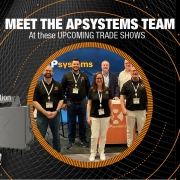
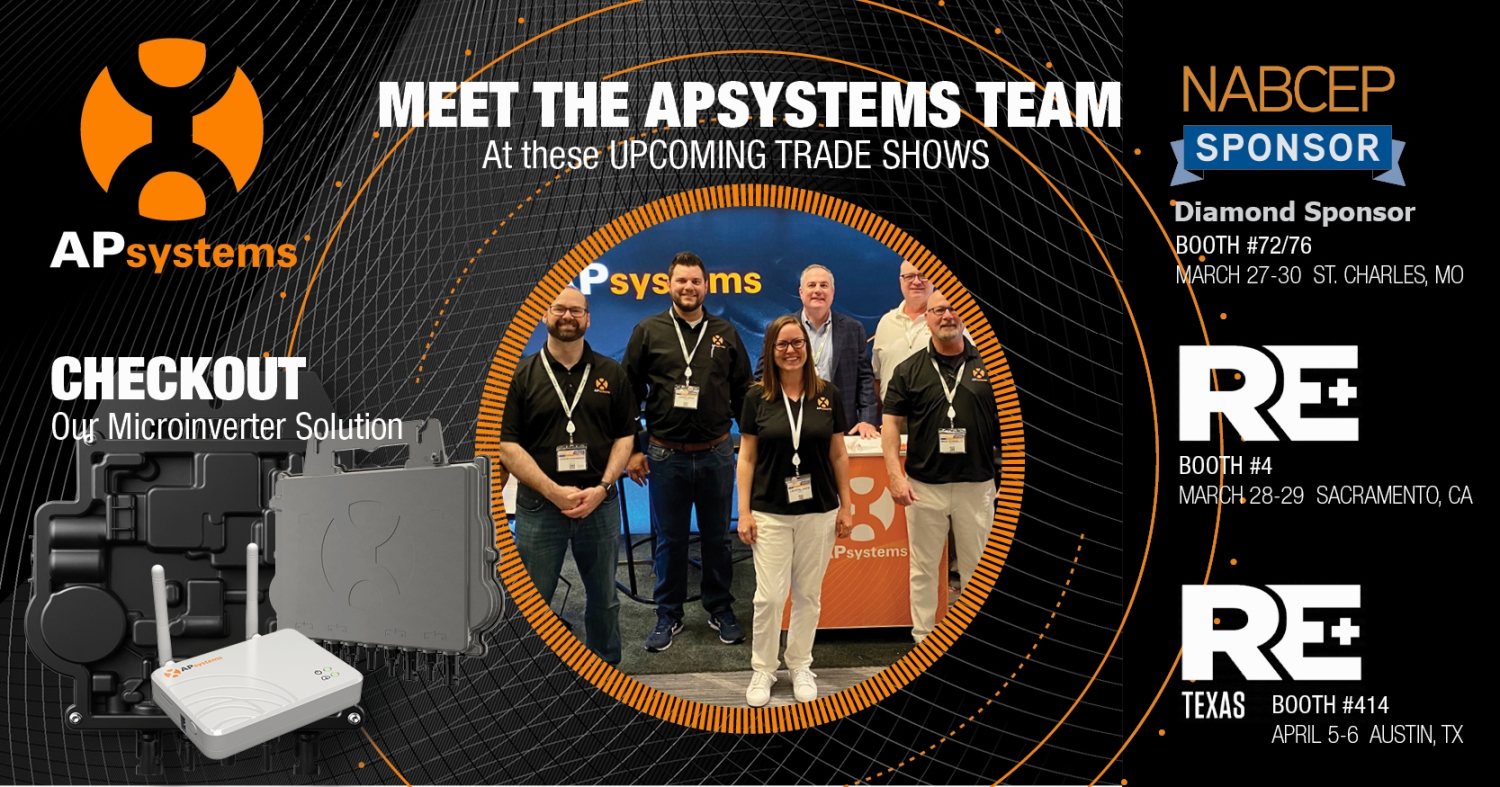
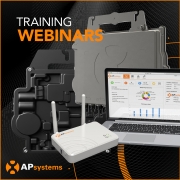

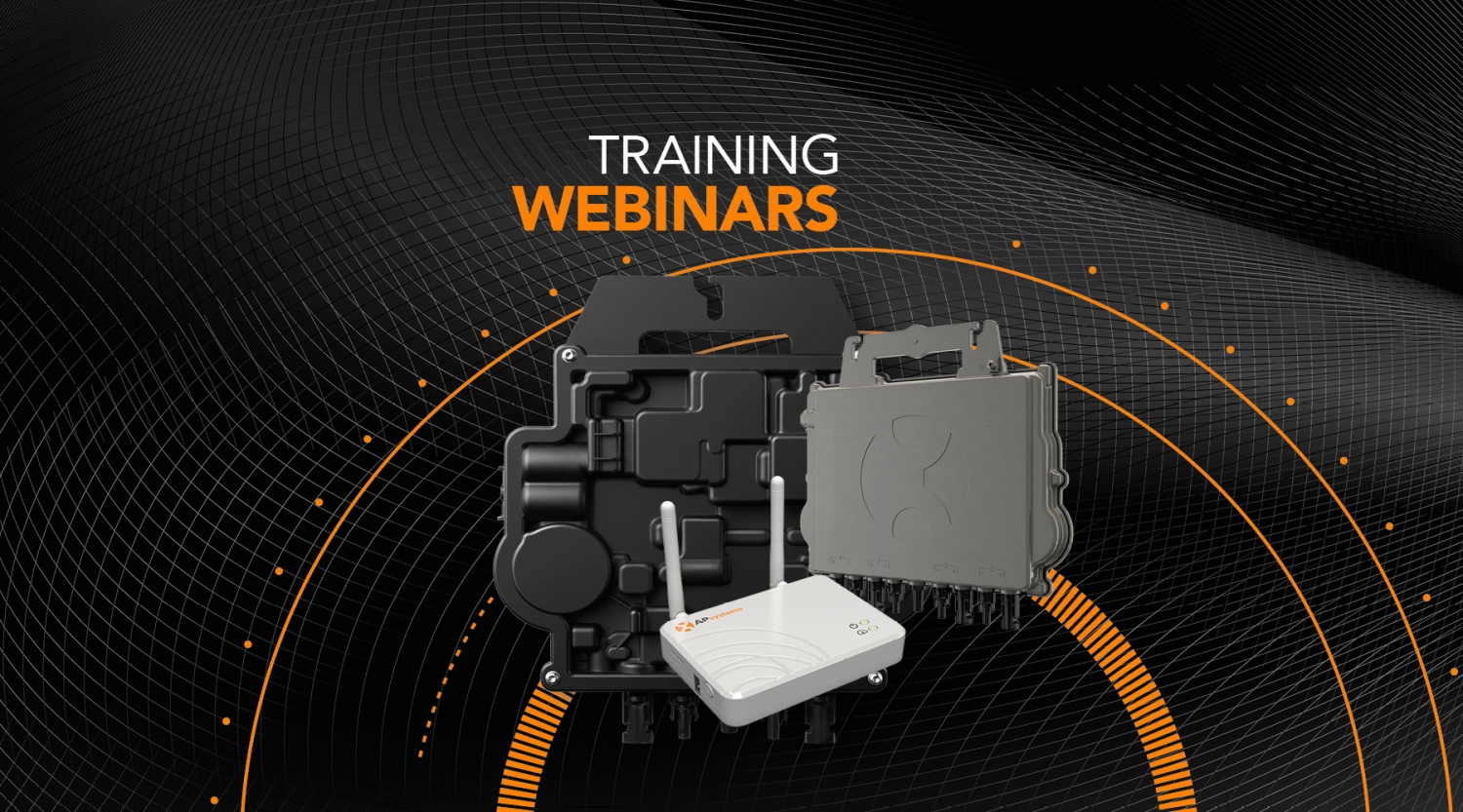
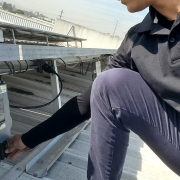
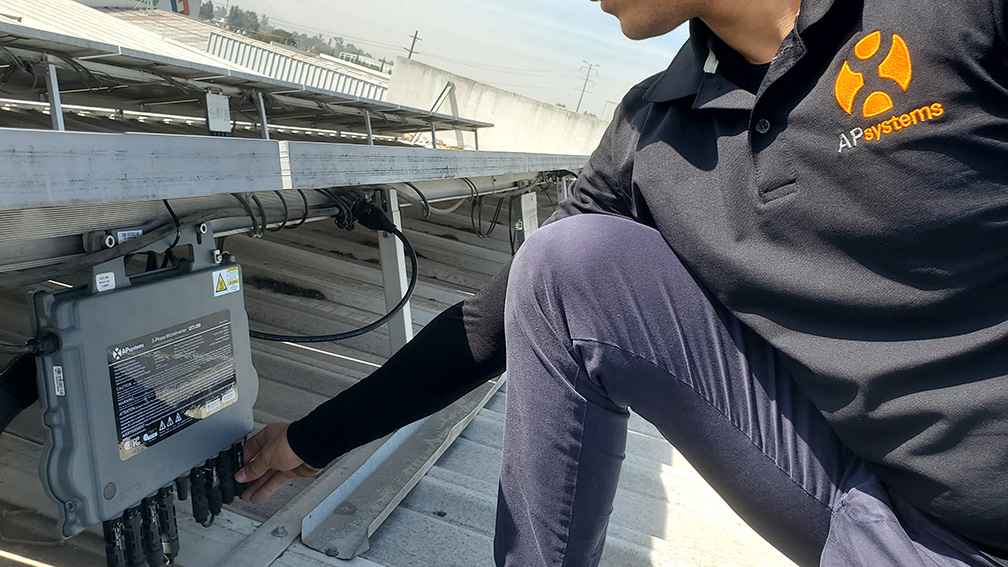
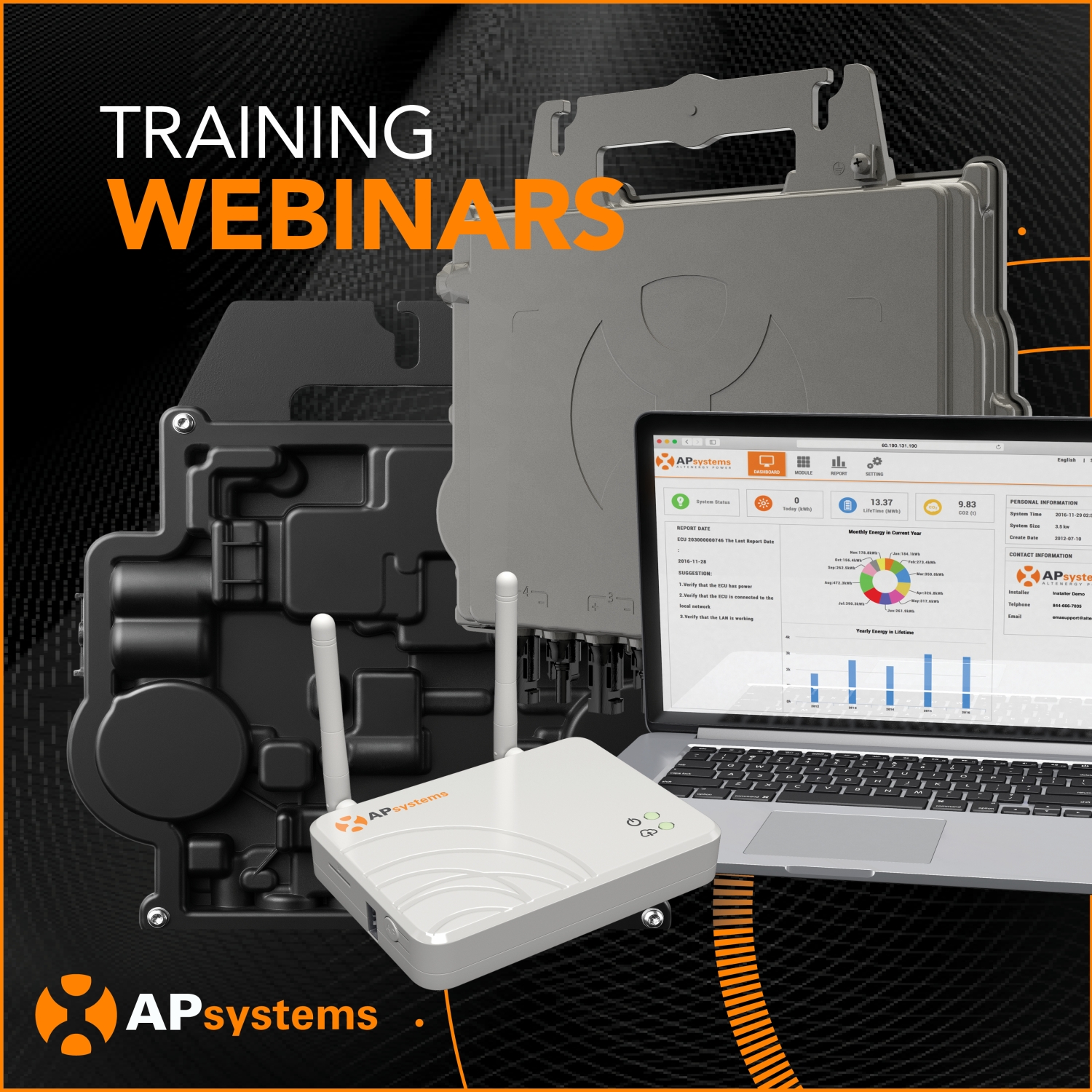
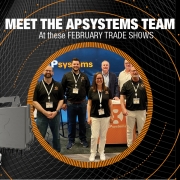
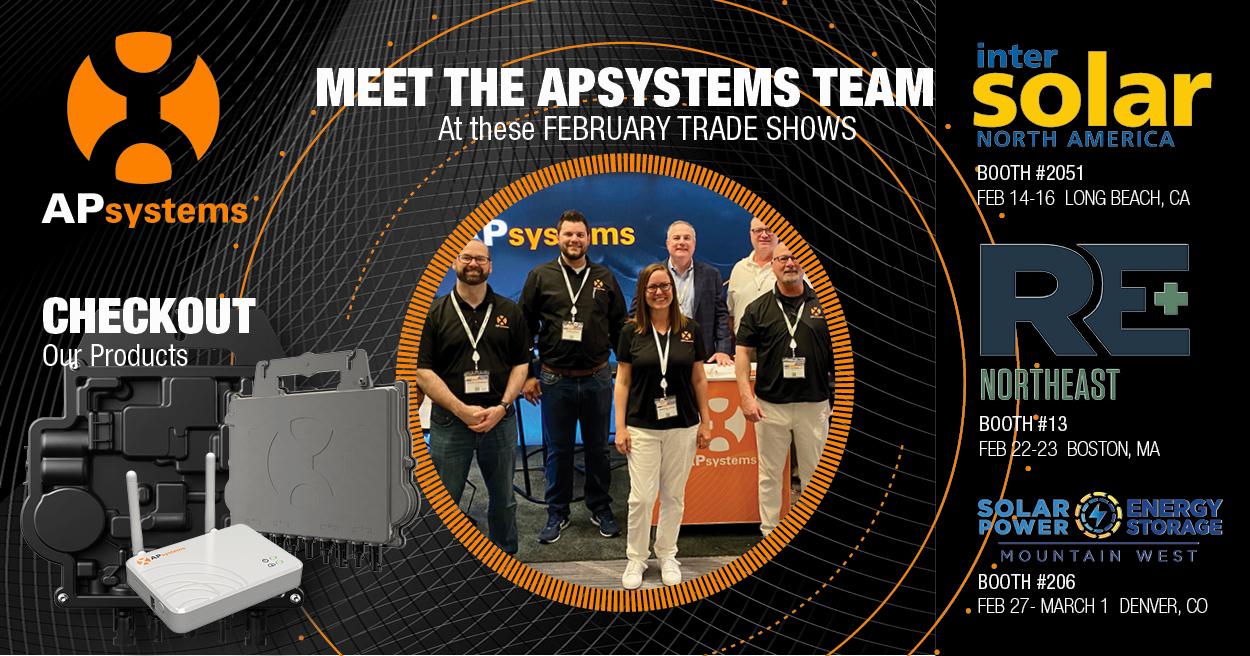

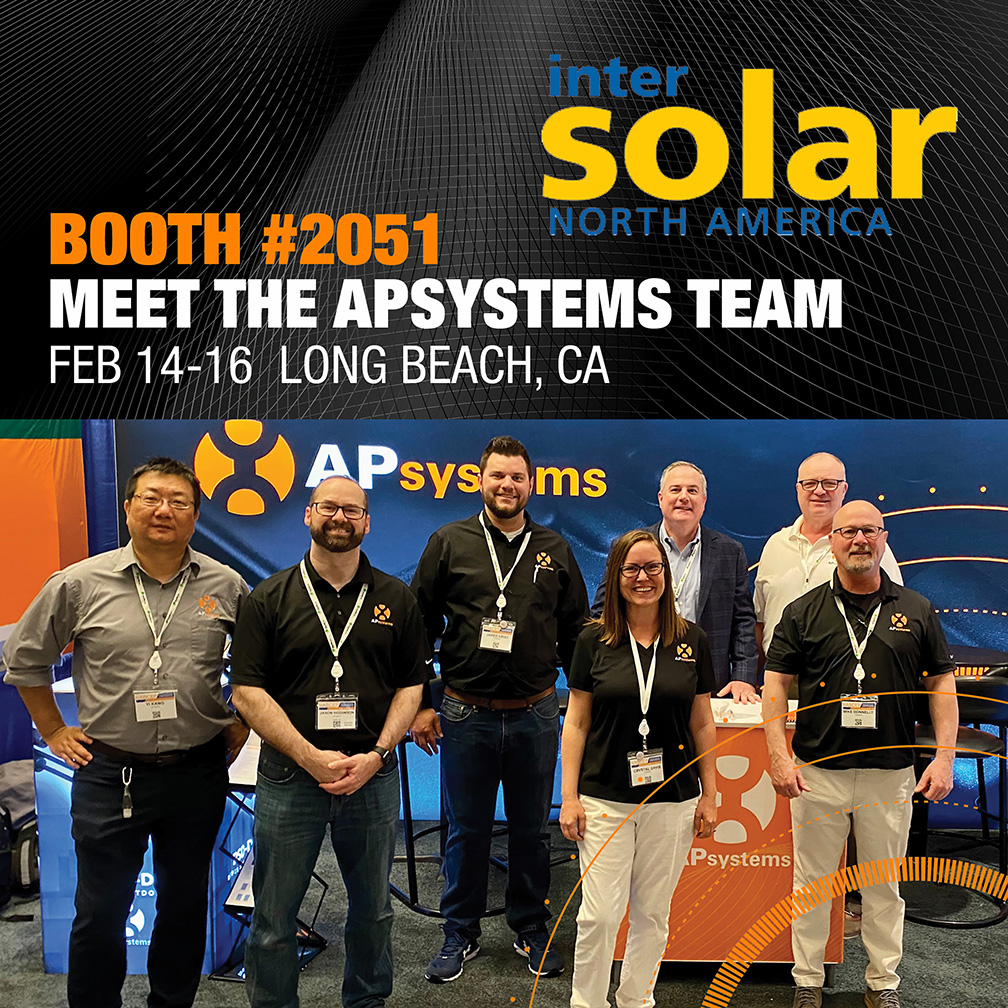 APsystems invites you to stop by booth #2051 at this year’s
APsystems invites you to stop by booth #2051 at this year’s 